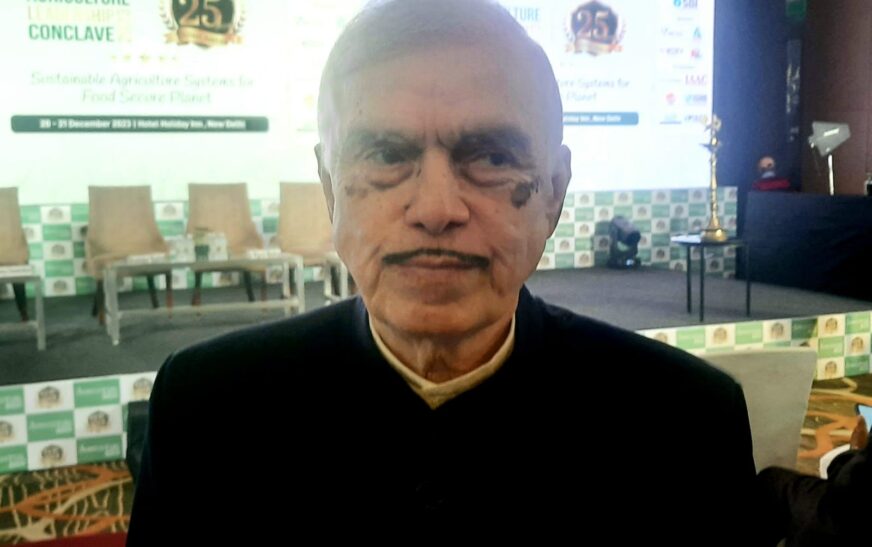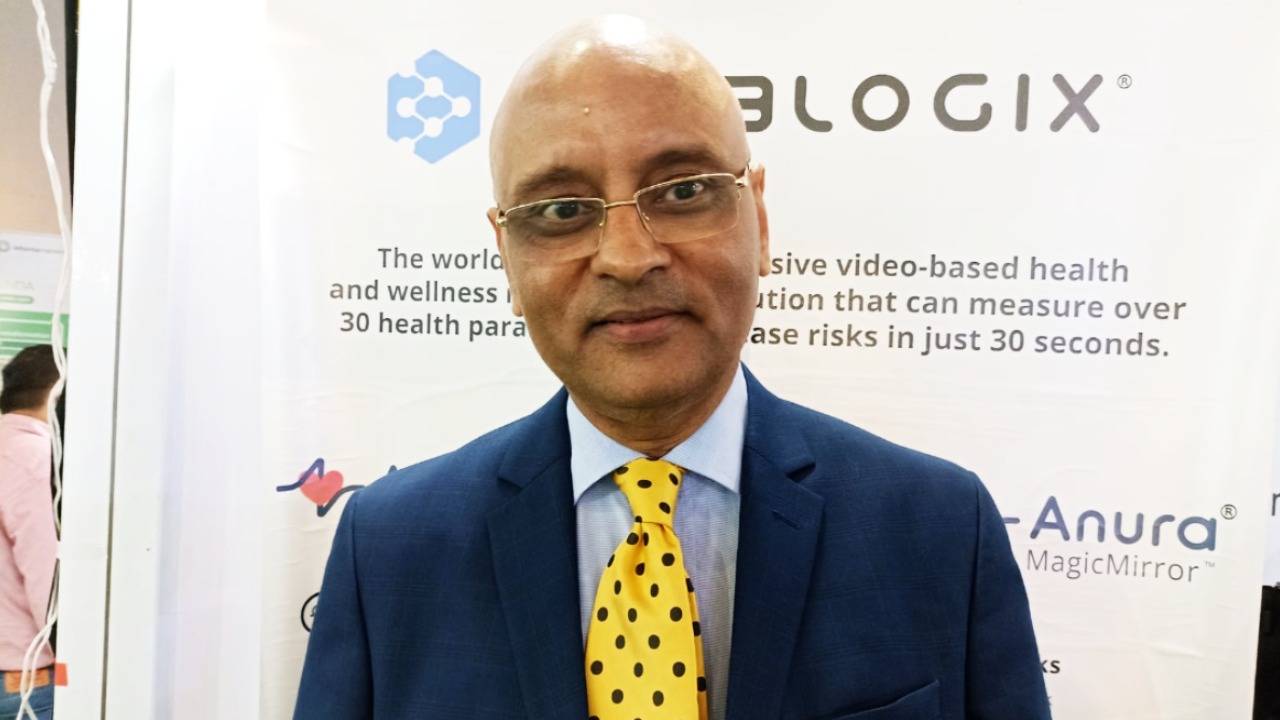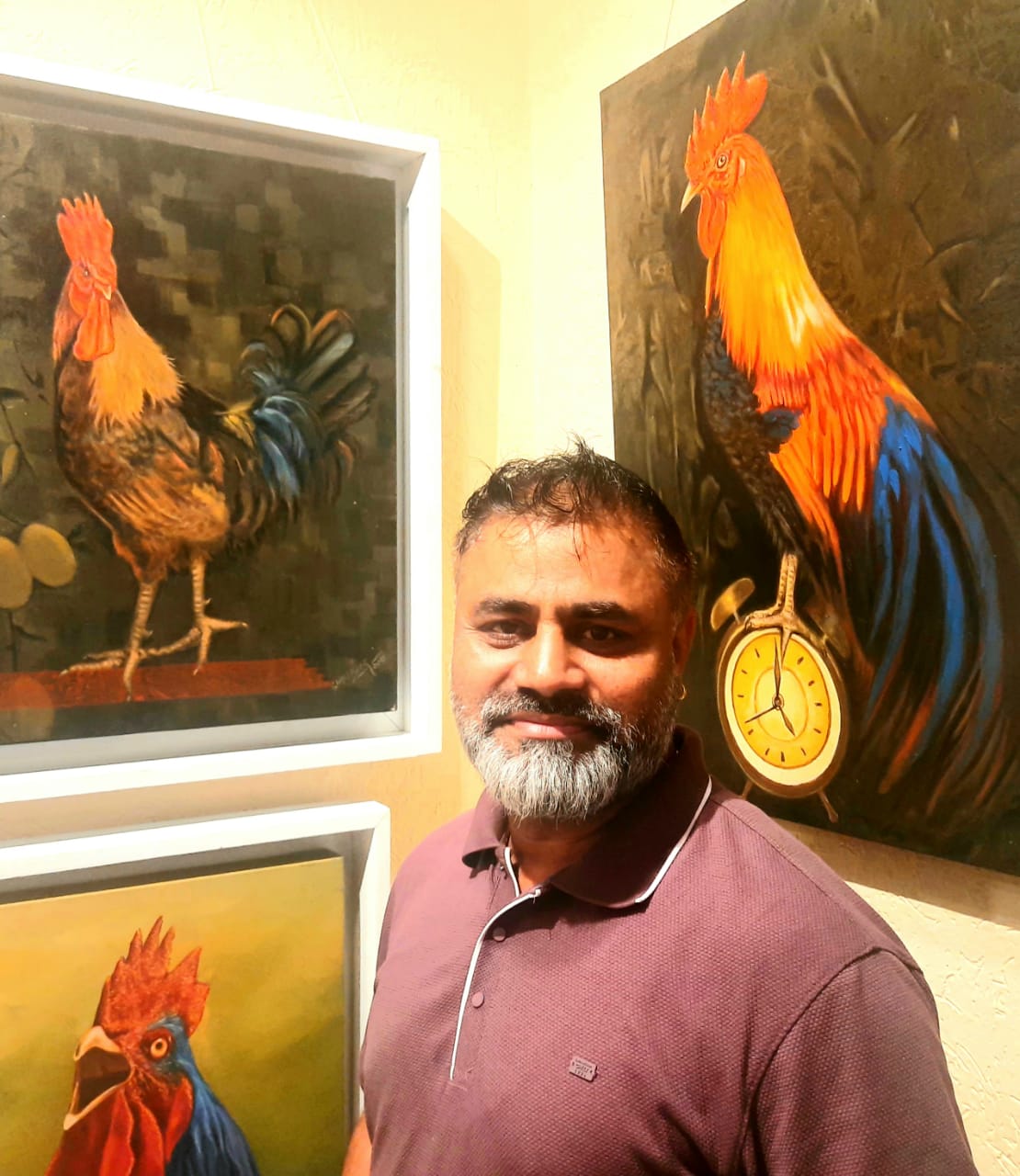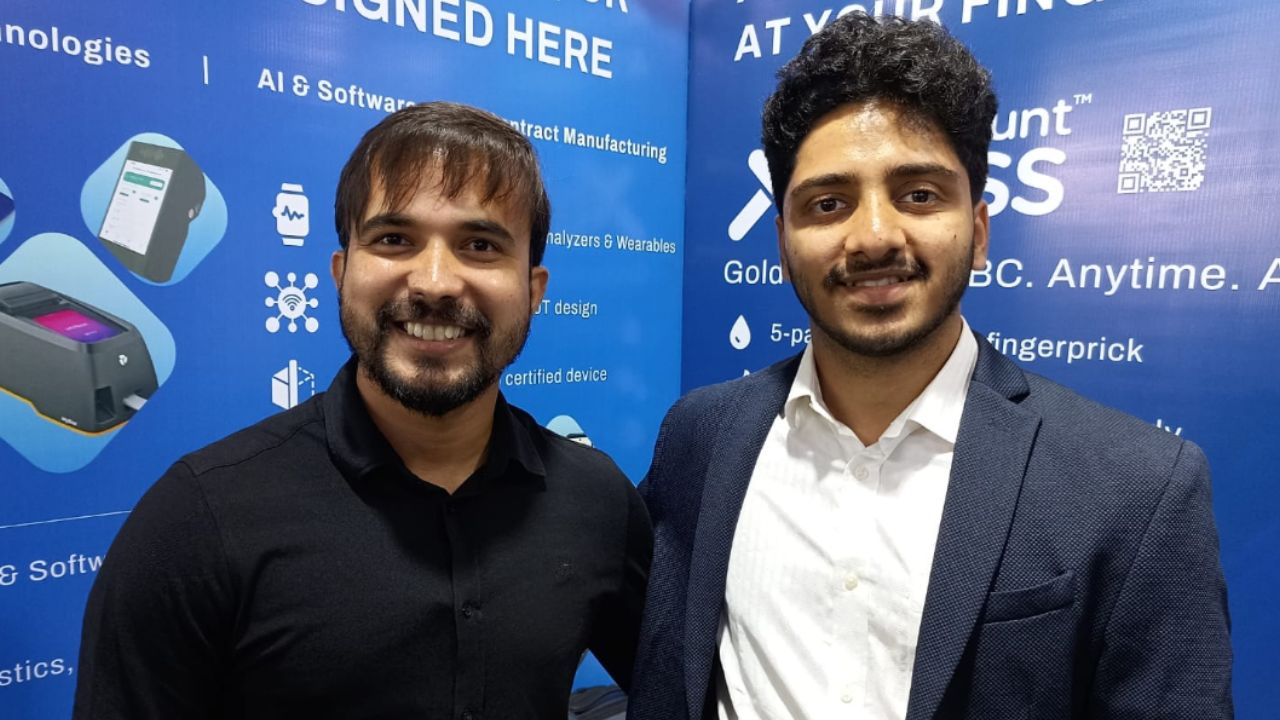Justice P. Sathasivam served as the 40th Chief Justice of India from 2013 to 2014. Upon retirement from the judiciary, he assumed the role of the 21st Governor of Kerala, serving from 5 September 2014 to 4 September 2019. Notably, Justice Sathasivam delivered groundbreaking judgments, such as the ‘Reliance Gas Judgment,’ where he emphasized that national assets belong to the people in a democracy, advocating their exploration through Public Sector Undertakings.
Collaborating with Justice B.S. Chauhan, he presided over the ‘1993 Mumbai blasts case,’ a historic trial in the Supreme Court that resulted in the sentencing of several accused individuals, including Bollywood actor Sanjay Dutt, to five years in prison. One of his significant contributions was also evident in the Rajiv Gandhi assassination accused case, where he underscored that unjustified delays in disposing of mercy petitions by the President could lead to the commutation of a death sentence to life imprisonment, aligning with international conventions.
In a recent interview with The Interview World, Justice P. Sathasivam discussed key aspects of the legal system. He elaborated on the imperative to expedite justice delivery, expressed insights into the functioning of the collegium system, emphasized the role of technology in enhancing judicial processes, and touched upon the significance of legal activism. The following excerpts provide a glimpse into his perspectives on these critical issues.
Q: What effective measures can be implemented to accelerate justice delivery in India?
A: In recent decades, a heightened awareness among our people regarding their rights, constitutional remedies, and reliefs has spurred. This increased awareness has led to a surge in legal issues being brought before the courts.
Additionally, the high number of vacancies in high courts, and to some extent in the Supreme Court, is a pressing concern. While the Supreme Court consistently addresses and fills its vacancies, certain high courts, such as the Allahabad High Court, often experience delays in the appointment process due to their larger size.
Addressing these vacancies promptly is crucial. In my personal opinion, even during my tenure in the Supreme Court, I advocated for a reduction in holidays. Although holidays provide judges with the necessary time to deliver judgments, modern facilities now available can help minimize the impact of fewer holidays on the justice delivery system.
It is essential to keep judges informed about alternative dispute resolution methods, such as mediation and reconciliation centers, as well as monthly Lok Adalats. This is particularly relevant for handling matrimonial and land disputes, which can otherwise take a decade or more to be resolved in the High Court and the Supreme Court.
Encouraging parties involved in disputes to utilize mediation can significantly expedite the resolution process. This is crucial, especially for land disputes, where negotiation through mediation can lead to swifter resolutions.
Matrimonial cases, in particular, should be prioritized for swift disposal, ideally within one year. Unfortunately, the current reality in trial courts reveals a worrisome trend of these cases lingering for three to four years. This underscores the need for urgent improvements in the judicial system.
Q: What is your perspective on the ongoing conflict between the Judiciary and the Parliament concerning the collegium system?
A: Certainly! The Collegium system is widely regarded as the best system. However, it’s possible that people may not be fully aware of its exact workings. The process initiates at the High Court level, especially when appointing a High Court judge. The High Court Chief Justice, in consultation with the Collegium – which includes other judges as well – plays a crucial role.
Once the Collegium reaches a decision, the recommendation proceeds to the State Government. Their views are carefully considered, and upon approval by the Governor, the proposal advances to the law ministry. Here, the ministry is allowed to provide its perspectives.
Before reaching the Supreme Court, our agencies, including intelligence agencies, diligently investigate the background of the candidate, ensuring that comprehensive details are available. Finally, the Supreme Court, composed of the Chief Justice and a panel of judges, decides on the appointment. For High Court appointments, the Chief Justice and the next two judges are involved, while Supreme Court appointments require the participation of the Chief Justice and four judges – a total of five.
In essence, the system is fortified with several safeguards. It ensures a thorough evaluation at every stage. The robustness of this process addresses any concerns about the appointment procedure.
Q: What are the feasibility and potential challenges associated with implementing the Indian Judiciary Service in the like of the Indian Civil Service?
A: Since the High Court and Supreme Court are taking too much time, some argue that a change is necessary. If the courts address issues promptly, it would prevent prolonged discussions and concerns. The current system is generally considered good and not harmful. However, activation and swift resolution are key. Instead of delaying decisions for months, addressing reservations or rejections promptly would be more effective.
Q: How can technology be strategically leveraged to enhance and expedite judicial processes across all levels, from lower courts to high courts?
A: The advancement has nearly arrived, bringing modern facilities to nearly all courts. Language translation is now facilitated by the use of AI, a capability absent in earlier times. With the introduction of more contemporary amenities, the potential for expedited case resolution becomes feasible. Supreme Court has indeed accepted and is currently in the process of implementing these advancements.
Q: What are your perspectives on the interplay between legal activism and the democratic process?
A: While some minor issues exist, there is nothing fundamentally wrong. However, the primary concerns should be entrusted to the elected government. Elected officials are accountable to the public, having been chosen based on popular demand. Therefore, they are the most qualified individuals to determine what is in the best interest of our people. The court’s role is to ensure that these elected representatives do not overstep their boundaries. It is imperative that both the legislature and elected officials operate within their prescribed limits. In essence, this encapsulates the core of the matter.










25 Comments
Hi there! Someone in my Facebook group shared this website with us so I came to take a look. I’m definitely enjoying the information. I’m book-marking and will be tweeting this to my followers! Outstanding blog and terrific design and style.
Keep functioning ,fantastic job!
I used to be suggested this blog by my cousin. I’m not certain whether this publish is written via him as nobody else recognize such precise about my trouble. You are incredible! Thanks!
he blog was how do i say it… relevant, finally something that helped me. Thanks
It is perfect time to make some plans for the future and it is time to be happy. I’ve learn this put up and if I may just I desire to recommend you some interesting issues or suggestions. Perhaps you could write subsequent articles relating to this article. I wish to learn more issues approximately it!
Hey there this is somewhat of off topic but I was wanting to know if blogs use WYSIWYG editors or if you have to manually code with HTML. I’m starting a blog soon but have no coding knowledge so I wanted to get guidance from someone with experience. Any help would be enormously appreciated!
You are a very capable individual!
It is actually a great and helpful piece of information. I am glad that you simply shared this helpful info with us. Please keep us up to date like this. Thanks for sharing.
I really appreciate this post. I’ve been looking everywhere for this! Thank goodness I found it on Bing. You’ve made my day! Thx again!
Enjoyed studying this, very good stuff, thankyou.
Awesome blog you have here but I was curious about if you knew of any community forums that cover the same topics discussed here? I’d really like to be a part of group where I can get responses from other knowledgeable individuals that share the same interest. If you have any suggestions, please let me know. Kudos!
After examine a few of the weblog posts on your website now, and I truly like your way of blogging. I bookmarked it to my bookmark web site listing and will be checking back soon. Pls take a look at my website as nicely and let me know what you think.
Its like you read my mind! You seem to know so much about this, like you wrote the book in it or something. I think that you could do with some pics to drive the message home a bit, but other than that, this is wonderful blog. A fantastic read. I’ll certainly be back.
I was reading some of your posts on this internet site and I think this internet site is really informative! Keep putting up.
What¦s Happening i’m new to this, I stumbled upon this I have found It positively helpful and it has helped me out loads. I am hoping to give a contribution & help different users like its helped me. Great job.
Good site! I truly love how it is easy on my eyes and the data are well written. I am wondering how I might be notified whenever a new post has been made. I have subscribed to your RSS which must do the trick! Have a great day!
That is the suitable weblog for anybody who desires to seek out out about this topic. You understand so much its almost hard to argue with you (not that I truly would want…HaHa). You definitely put a brand new spin on a subject thats been written about for years. Nice stuff, just great!
Nice read, I just passed this onto a friend who was doing a little research on that. And he actually bought me lunch since I found it for him smile Therefore let me rephrase that: Thanks for lunch! “The future is not something we enter. The future is something we create.” by Leonard I. Sweet.
You are a very clever individual!
Wonderful site. A lot of useful information here. I’m sending it to a few buddies ans additionally sharing in delicious. And obviously, thank you to your effort!
I’ve learn a few excellent stuff here. Definitely price bookmarking for revisiting. I wonder how a lot attempt you put to make any such great informative website.
Hi, i think that i saw you visited my weblog thus i came to “return the favor”.I’m attempting to find things to improve my site!I suppose its ok to use a few of your ideas!!
Hey! Would you mind if I share your blog with my facebook group? There’s a lot of people that I think would really appreciate your content. Please let me know. Many thanks
Real great visual appeal on this internet site, I’d value it 10 10.
Hi my friend! I want to say that this article is amazing, nice written and come with almost all significant infos. I’d like to look extra posts like this.
Comments are closed.